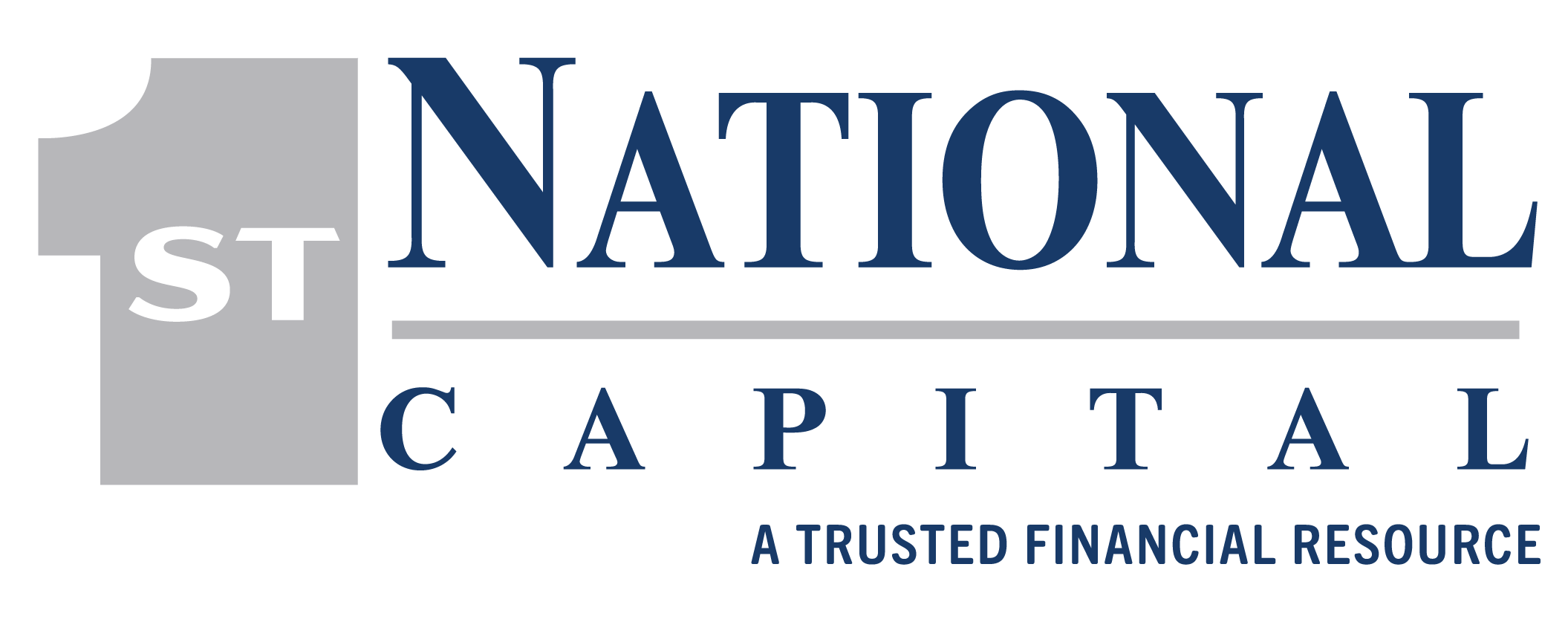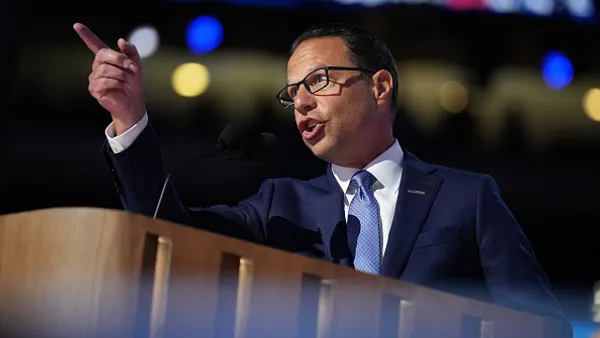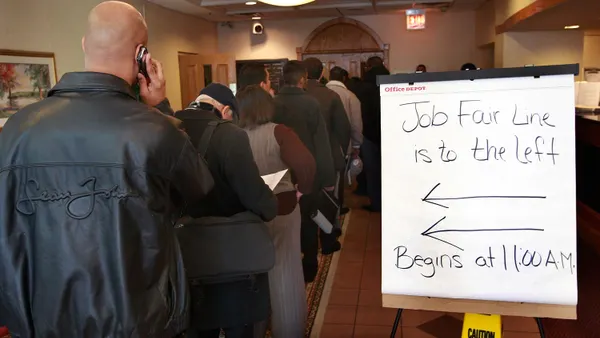Burnout within the accounting profession has left CFOs with a talent problem. And, as the labor market remains tight, CFOs are looking for a wider breadth of skills in the accounting professionals they hire.
Many accountants of different experience levels expressed being overwhelmed by the growing scope of their responsibilities, which are now comparable to that of the overall board.
A little over half (53%) of accountants are not sure they will be with their current employer by this time next year and over two-thirds (65%) of the people who said they might not be with their company a year from now aren’t even sure they will still be working in an accounting role, according to a survey published by FloQast this week.
The survey — which polled over 200 accountants with titles varying from that of accountant to VP of finance and internal audit — should be a huge wake up call for employers and the profession, according to Mike Whitmire, CEO of FloQast, a Los Angeles-based accounting software vendor.
The Great Recalibration
With much reporting regarding workplace trends such as quiet quitting and quiet hiring, ‘The Great Recalibration,’ according to Whitmire, is all about employees changing the way that people think about the work that they do everyday.
“With COVID, people are starting to rethink what they want to do with their life and where they are going,” he said in an interview.
In the accounting profession, mundane work has led to increased burnout, and this workplace trend can allow professionals to speak up more about how they want their job to be structured, but internal work structures can prohibit those in the profession from make certain demands.
Only 11% of accountants will speak up when they believe their work conditions are less fulfilling than they need, the survey said.
“Those interested in career progression may be scared to bring up such issues to their boss,” said Whitmire.
The chief executive, who was formerly a senior accountant himself, recalled having to speak to his CFO at the time regarding his feelings of a lack of fulfillment in his work.
“Manual work is not what accountants went to school for and not what they are paid to do,” he said.
In order to avoid those within the accounting profession stepping away from their careers, finance chiefs should look to have private conversations with their teams and find out what their employees’ goals are, according to Whitmire.
He predicted the profession will start to see two different accounting tracks emerge. “There will be the merge of accounting knowledge with IT knowledge as well as a merge of accounting knowledge of collaboration, leadership and working with others, and these accountants will be more people focused,” he said.
AI to save accounting profession
Many accountants fear what AI and automation will do to the profession and how it will change it. But, these tools are exactly what the industry needs, according to Whitmire.
“There is paranoia around what AI will do to the future of accountants. There is this hype cycle around the marketing of things within technology, people think this is going to change everything and then it comes back down to reality,” he said.
For accountants, technology and training on how to use that technology is a major factor in the fulfillment they gain from their work and the likelihood that they will stay in a job, the survey found.
Technology allows for accountants to move away from the mundane work that leads to burnout and take more of a strategic role.
Accountants who worked with an integrated technology solution in their day-to-day jobs had an 80% chance of staying in their job. That dropped to 19% with an integrated technology system and 10% with no integration, the survey found.
There’s a generational divide that may be contributing to the paranoia surrounding AI as well, said Whitmire. “The notion of someone saying ‘I had to do this work so you do as well,’ that doesn’t have to be the case,” he said.













